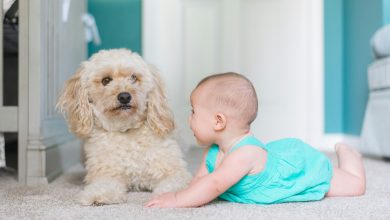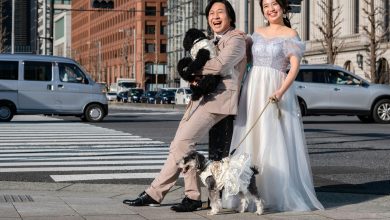How to Prepare Your Puppy for Social Situations at Home
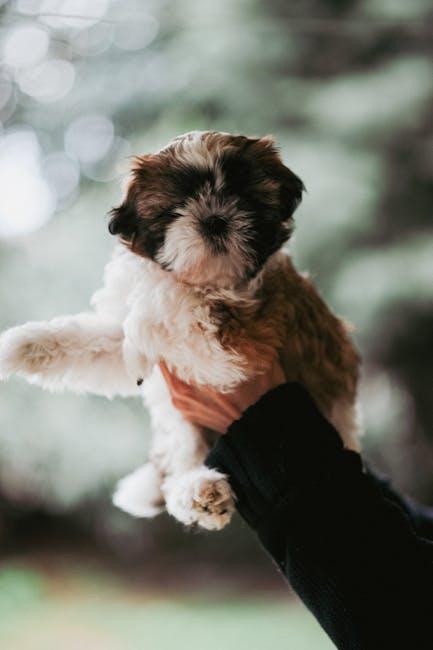
Bringing a new puppy into your home is like opening the first chapter of an exciting adventure, filled with wagging tails, curious sniffs, and boundless energy. Yet, as any seasoned adventurer knows, preparation is key to navigating the journey ahead. While your puppy may be eager to explore their new world, it’s up to you to guide them through the intricacies of social interactions within the home. From greeting guests to cohabiting with other pets, these formative experiences will shape your puppy’s confidence and behavior. In this article, we’ll explore practical strategies and gentle techniques to help your furry friend become a well-adjusted and sociable member of your household. Whether you’re a first-time pet parent or a seasoned dog lover, these insights will ensure that your puppy is ready to thrive in every social situation that comes their way.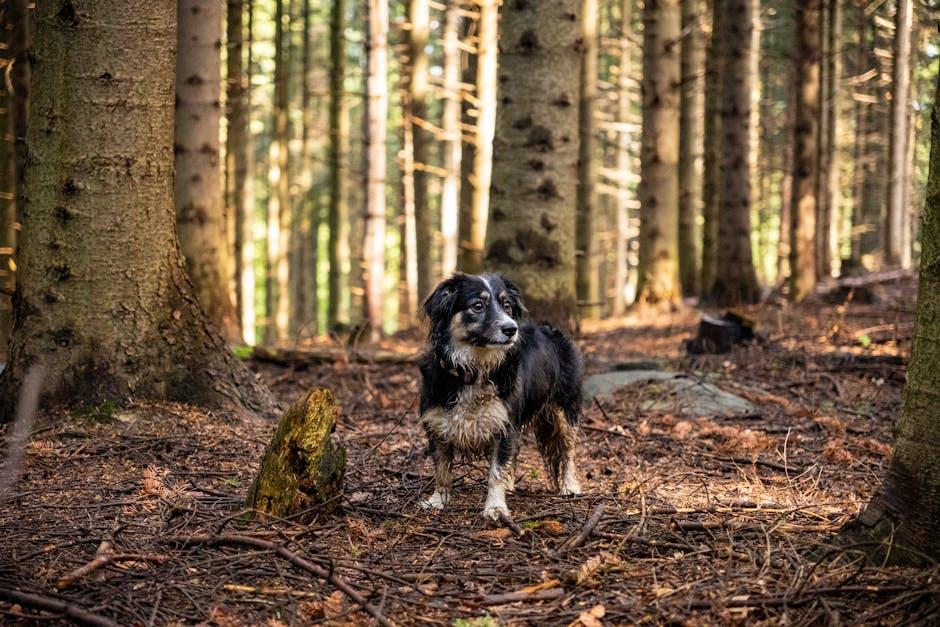
Creating a Welcoming Environment for Your New Puppy
When bringing a new puppy into your home, it’s essential to cultivate a space where they feel safe and secure. Start by designating a cozy corner as their own personal retreat. Equip this area with soft bedding, a few chew toys, and a water bowl. This will become their sanctuary, offering them comfort when the world feels overwhelming. Additionally, introducing your puppy to various household sounds early on can ease future anxiety. Consider exposing them to the hum of the vacuum cleaner, the clatter of dishes, and the doorbell ringing, all while offering plenty of praise and treats to reinforce calm behavior.
Encourage positive interactions with family members and visitors by organizing short, supervised meet-and-greet sessions. Allow your puppy to approach new people at their own pace, using treats to reward gentle behavior. Remember, patience is key—each puppy will warm up to new faces in their own time. Here are a few tips to keep in mind:
- Maintain a calm demeanor to reassure your puppy that new situations are nothing to fear.
- Use treats and toys to encourage positive associations with new people and experiences.
- Be consistent with rules and boundaries to help your puppy understand what is expected.
By creating a nurturing environment, you lay the groundwork for a confident and sociable canine companion.
Mastering the Art of Puppy Introductions
Introducing your puppy to new social settings can be both exciting and daunting. To ensure a smooth transition, it’s crucial to approach these introductions with patience and preparation. Begin by creating a calm environment where your puppy feels safe. Gradual exposure is key; start with familiar settings and slowly introduce new people and pets. This helps build your puppy’s confidence and reduces anxiety. Remember to observe your puppy’s body language and be attentive to their comfort level. If they show signs of stress, provide reassurance and give them space to adjust.
Consider these tips to enhance the socialization experience for your furry friend:
- Use positive reinforcement: Reward your puppy with treats and praise for calm behavior during introductions.
- Control the environment: Keep initial interactions brief and positive, gradually increasing the duration as your puppy becomes more comfortable.
- Introduce one new element at a time: Whether it’s a new person, pet, or environment, allow your puppy to adjust to one change before introducing another.
- Monitor interactions closely: Ensure all interactions are friendly and stress-free to foster positive associations.
By following these steps, you’ll help your puppy become a well-adjusted member of your household, ready to face the world with confidence and joy.
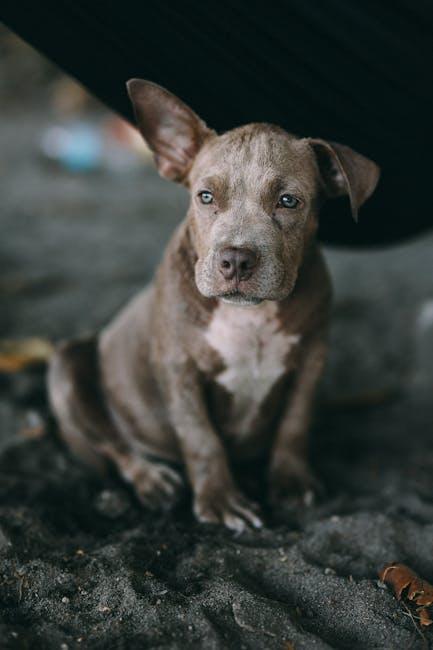
Building Confidence Through Play and Interaction
Fostering a sense of assurance in your puppy can be a delightful journey filled with fun and interaction. Engaging in playful activities is an excellent way to introduce your pup to new experiences and build their confidence. Start by setting up a safe environment where they can explore and learn without feeling overwhelmed. Consider using toys that encourage curiosity and problem-solving, such as treat puzzles or interactive games. These activities not only stimulate their minds but also help them associate new experiences with positive outcomes.
- Create a routine: Establishing a predictable routine helps your puppy feel secure and understand what to expect.
- Introduce new sounds: Play recordings of everyday noises like doorbells or vacuum cleaners at a low volume, gradually increasing as your puppy becomes more comfortable.
- Invite friends over: Arrange small gatherings with familiar people to slowly introduce your puppy to social settings.
As your puppy becomes more accustomed to these activities, you’ll notice a natural increase in their confidence. Remember, the goal is to create a foundation of trust and security that your puppy can rely on as they encounter new situations.
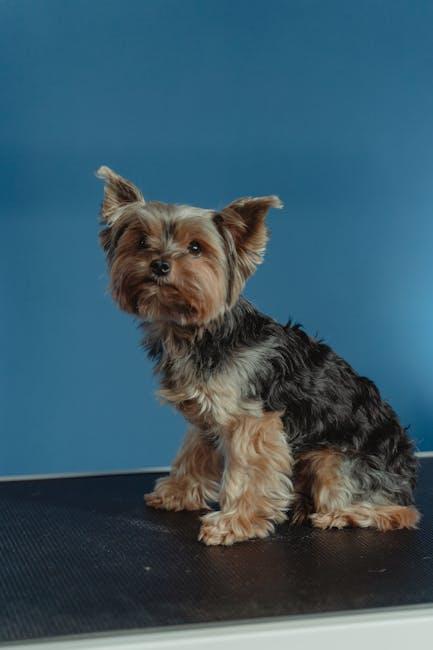
Establishing Consistent Routines for Positive Socialization
Creating a structured environment is crucial for nurturing your puppy’s social skills. Start by introducing a daily schedule that includes designated playtimes, training sessions, and quiet periods. This helps your puppy understand what to expect and reduces anxiety, making them more open to social interactions. A predictable routine also allows you to integrate socialization into your day seamlessly, ensuring your puppy encounters various experiences regularly.
- Playdates with other dogs: Arrange for your puppy to meet other well-behaved dogs in a controlled setting.
- Introduction to different environments: Gradually expose your puppy to new rooms and outdoor spaces.
- Variety in people: Invite friends and family over to interact with your puppy, offering them treats to create positive associations.
- Sound exposure: Play recordings of common household noises to acclimate your puppy to different sounds.
By embedding these elements into your puppy’s daily life, you’ll build a foundation of trust and confidence, enabling them to thrive in social settings both at home and beyond.
